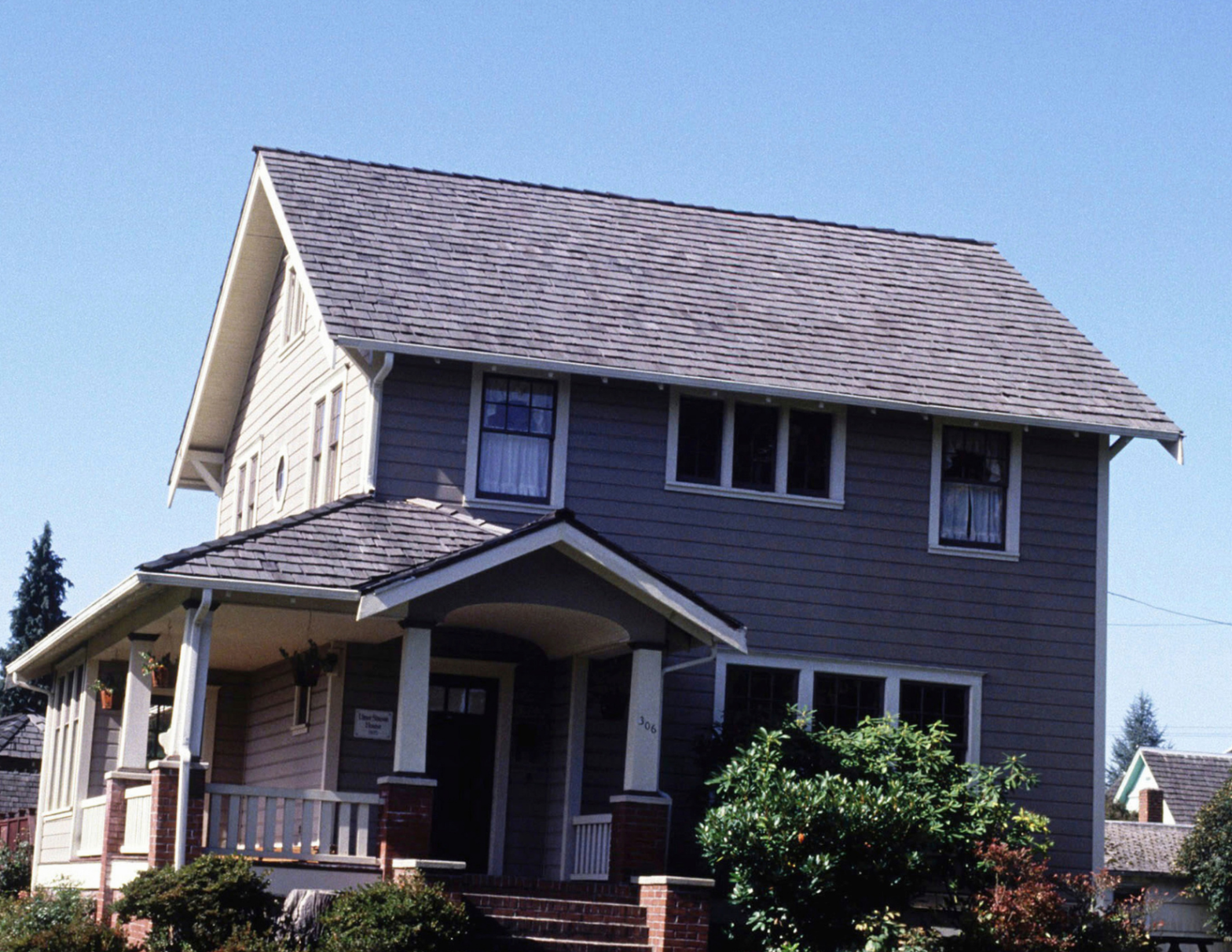
When buying a new home, a crucial part of the process is having the home inspected by an inspector. Expert inspectors examine and evaluate the various systems of the home and provide a written report to have a clear idea of the condition of the home. Most mortgage lenders do require a home inspection so it is important to seek the assistance of a professional home inspector. Though the seller could bring honesty, the inspector may find items of concern that the seller is unaware of.
What To Expect From The Home Inspection?
The home inspectors working in North Carolina are licensed and authenticated by the Home Inspector Licensure Board of the state. Before you select any professional, you must ensure that he is licensed and can also look for them in the licensure database. The best home inspectors will conduct a thorough inspection and offer insight into everything the owner doesn’t know about. Here are a few areas that require a thorough inspection when purchasing a new home in North Carolina.
1.Lot: The home inspection report generally includes an inspection of the lot on which the building stands. The inspector will search for wet areas in the yard and check whether the drainage flow is away from the building.
2.Exterior: Before you head inside, the inspector can check the remaining part of the building’s exterior. This would include porches, siding, balconies, soffit, railings, driveways, and walkways. If anything calls for repainting or repairs, it will also be mentioned in the inspection report.
Structural components
Alongside the external components in the building, the inspector will evaluate the building frame and strength of the foundation.
1.Roofing: When evaluating the roof’s overall condition, the inspecting personnel will thoroughly check the whole system including skylights, flashing, and shingles. They can quickly identify the weaker areas, signs of decay, loose shingles and prepare a note on the overall condition of the roof structure.
2.Electrical and plumbing systems: The inspectors will also thoroughly check the electrical system of the building. They will test the switch and check whether there is any malfunction. The expert will also check how the electrical panel appears and whether the outlets are properly grounded.
3.Appliances: If there is any dishwasher, stove, or refrigerator part of the building, they will be tested to ensure that they function correctly.
After a thorough inspection of your home, the inspector may suggest consulting with electrical, heating, plumbing contractors or ask you to go for additional services, such as:
- Mold inspection: Though all homes do not require an inspection, your home inspector will look for areas of water intrusion as a part of fundamental inspection and check whether the building requires a mold inspection.
- Radon Inspection: It is an odorless radioactive gas emitted from the breaking down of uranium in water, rock, and soil. What is often ignored is that Radon is a leading cause of lung cancer in the US, leaving behind smoking. According to the Environmental Protection Agency, radon testing is mandatory if you purchase or sell a building when the radon level is too high.
- Inspection for checking wood-destructive insects: This is commonly referred to as termite inspection; this evaluation is highly recommended in North Carolina. When we think of wood-destroying insects, there are two kinds of houses, one with termites and one without them, and people will mostly prefer the latter.
Before making any repairs, except for an absolute emergency, you should call the home inspection personnel to discuss the issue. At some points, you can save a trip charge by explaining the issue to the professional over the phone. (https://balonlatino.net/) Also, some repairs may not be as straightforward as they appear to be. Thus, a certified inspector can help in evaluating the repair.
The Bottom Line
Many people have a misconception that home inspections are conducted to protect the interest of the buyers. If your primary intention is to sell your home, you should consider scheduling a home inspection in North Carolina before you put your property on the market.



